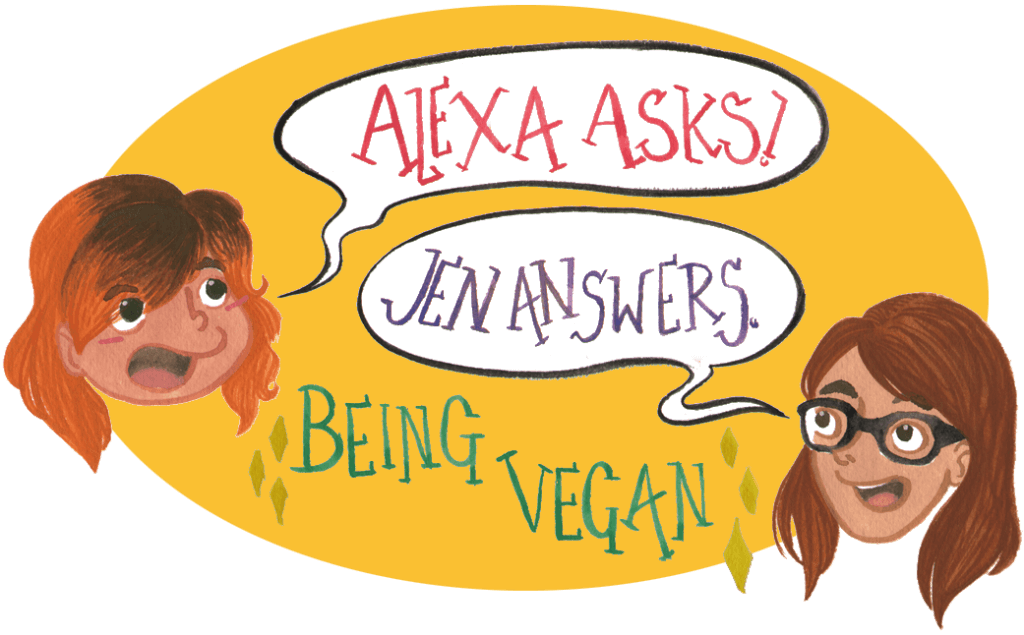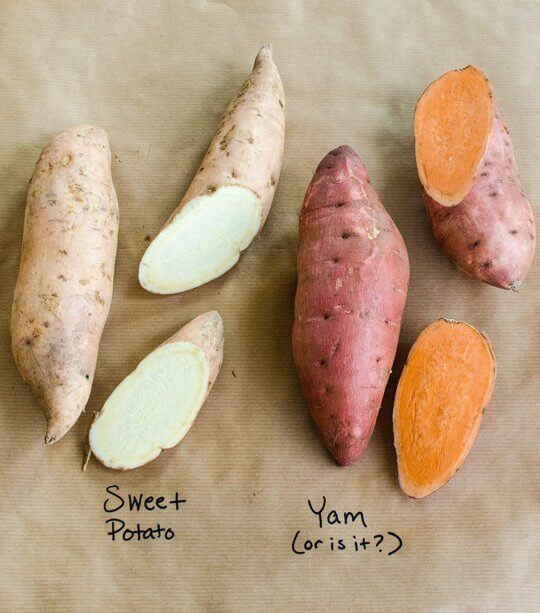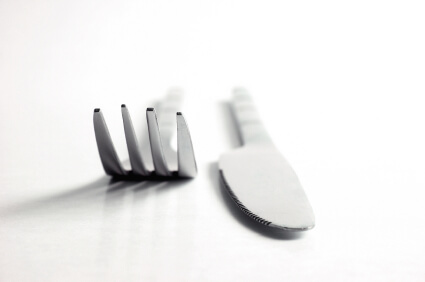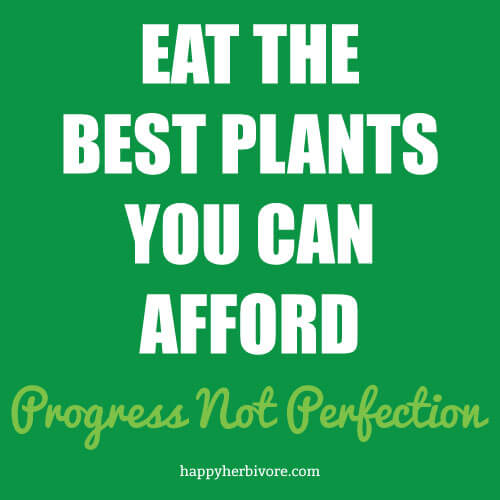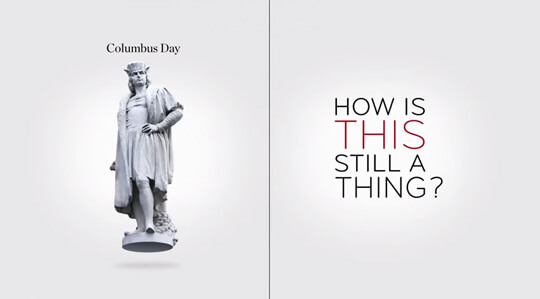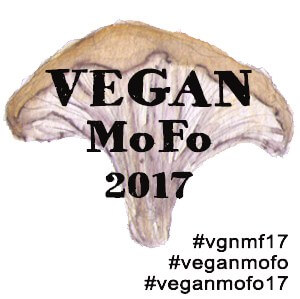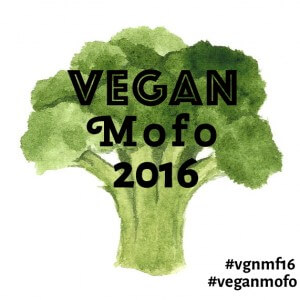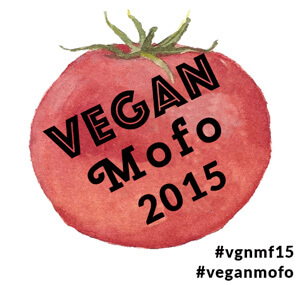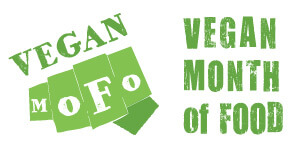Alexa is working toward a vegetarian diet, and is loaded with questions. Jennifer’s got answers. We talk about anything as long as it is vegan. Are tattoos vegan? How do I politely not eat Thanksgiving dinner? How do I order without pissing off the waitress? We know you are dying to ask!
So vitamin B12. Sometimes I read it has vegan sources, sometimes I read it is the only “non-vegan” vitamin. Why the heck is vitamin B12 so confusing?
Vitamin B12 is a complicated and confusing vitamin. The vitamin is important for brain and nerve function, and having a deficiency in B12 can result in some serious problems, from tingling in the hands and feet to the more extreme blindness, deafness, and dementia. So clearly you want to make sure you get it.
Most people use vitamin B12 as the example of why we need to eat meat. But when you look closer B12 is in our meats because the animals are almost always given shots of the vitamin. So that means they aren’t actually making it themselves. So where does B12 come from? There aren’t any plants, fungi, or animals that make B12. Instead there are specific bacteria that make the vitamin. It is one of the most complicated vitamin structures out there and is produced commercially using bacteria.
There is some debate about how we and other animals even got the B12 vitamin naturally. Some make the argument that we as humans have lost the bacteria that produces B12 in our gut over time. But the most common agreement is that we as a society have gotten too good at cleaning our food. B12 is naturally found in streams and soil, where the bacteria live. We filter B12 out of our water as a by product of making our water drinkable. We wash our produce because crunchy dirt in salads suck. This would also explain why domesticated animals lack the B12 vitamin as they are drinking filtered water, and grains that are removed from the ground and brought inside. So basically supplementation of some sort is needed unless you want to drink water from streams and scarfing down dirt, which no one recommends. I also want to say that is is a little bit of an oversimplification, as each animal have their own way of getting vitamin B12 (sometimes poops is involved.)
But here is where it gets complicated. There are some vegan foods that contain B12, usually foods that are made with bacteria. Some kombucha, tempeh, and algae contain vitamin B12, but some people cite these sources as unreliable and doesn’t absorb all the way by the body. Supposedly there can be a pseudovitamin state for vitamin B12, making the whole thing really complicated.
B12 is often broken down when heat is applied to it. So even if you are eating meat, cooking it breaks down some of the B12. This would happen in tempeh or other B12 fortified foods like soy milk or nutritional yeast. This is something you will want to keep in mind when thinking about your B12 intake.
So what can a vegan do? Well, there are lots of different options for B12. Many foods are fortified with it. For example many vegan milks fortify it, and a cup can yield 50% of the B12 requirement. Make sure you check the label, as I found even within brands the levels vary. For example the Wegman’s soy milk has B12 but the almond milk does not. Red Star nutritional yeast is fortified with B12 as well. There is even fortified chewing gum, which I started to take a liking to.
Even with some of these products in my diet, I still take supplements. I take a mental note about what I had that day, and if I didn’t have enough milk, gum, or whatever I take a pill. There are many different supplements on the market, and many are vegan. There are supplements that are in liquid form. Some people prefer this form because it absorbs faster in the blood stream through the tongue, and cuts out the chance of lactose or gelatin being in the supplement. There are sprays and drops that are taken orally.

